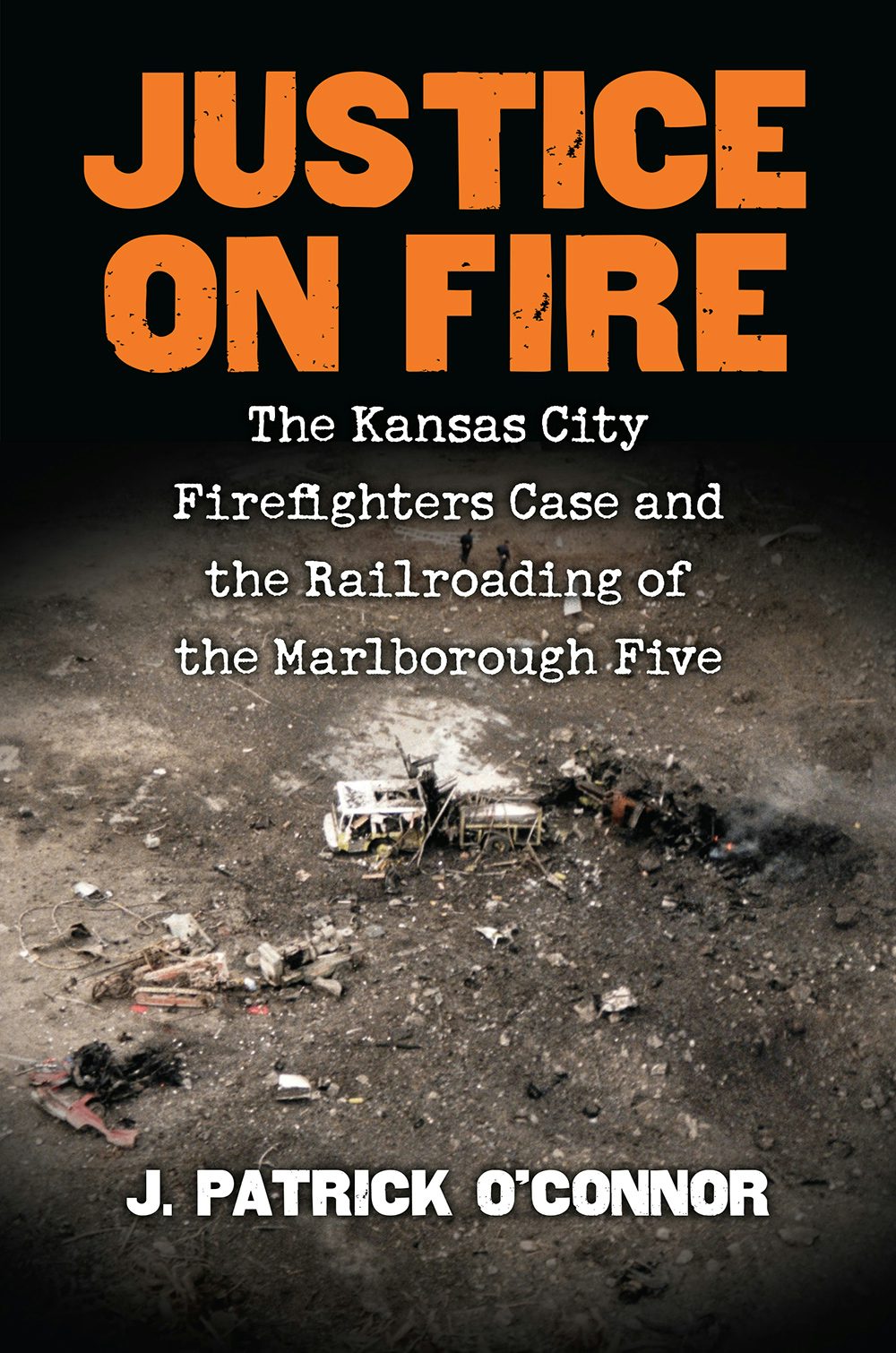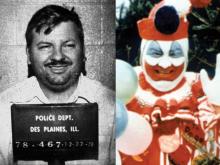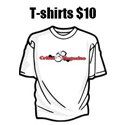
Jack Zuta
The murder of Jake Lingle, a reporter for the Chicago Tribune, caused a firestorm of publicity and fatal problems for Zuta, so unlovely a hoodlum that his fellow Chicago gangsters despised him.
by Allan May
"We only kill each other," Bugsy Siegel said to a contractor who was worried about getting on Bugsy’s bad side in Las Vegas.
Siegel’s statement held true most of the time. When it didn’t, it created sensational newspaper headlines and outraged citizens. One sensational digression from this rule was the killing of Alfred "Jake" Lingle, a Chicago Tribune reporter, on the afternoon of June 9, 1930, in a crowded pedestrian underpass.
The Lingle case involved North Side mobster Jack Zuta, a hoodlum so sleazy that even his fellow gangsters could barely stomach him.
Zuta was born in Russia where the family name was spelled Zoota. He arrived in Chicago prior to World War I and found a job peddling housewares door to door. Adopting the name John R. Zuta, he worked as a junk dealer and later rented a cheap hotel and set up a prostitution operation. As he prospered, he bought the hotel and then purchased several others on the West Side along West Madison Street, expanding his vice trade.
His growing success attracted the attention of Capone whorehouse manager Mike de Pike Heitler, who not only drove Zuta out of his bordellos but out of Chicago. But not for long. Zuta would make his comeback by putting himself under the protection of the North Side Gang, reestablishing his prostitution operation and branching out into gambling as well.
In John Kobler’s book Capone, Zuta is described as "the whore monger who became (Bugs) Moran’s business manager (and) was a familiar figure around the detective bureau. He had been brought there frequently. Whining and servile, he was thought capable, if sufficiently frightened, of sacrificing his own mother."
Although the North Siders tolerated Zuta because of his business acumen, which was considered second only to Jake Guzik’s, he was looked upon as a coward and was despised.
At the time of the Hotel Sherman Peace Treaty, on Oct. 20, 1926, Zuta, William Skidmore, and Christian "Barney" Bertsche ran several North Side prostitution houses and gambling dens. As a result of the treaty, their operations now came under Capone who would be collecting a percentage of their profits. The three men hated Capone and over the next couple years would snub him and conspire with the Moran – Aiello combination against him.
On the afternoon of Sept. 7, 1928, Antonio Lombardo, the man Capone had waited so long to put into the presidency of the Unione Siciliano, and a bodyguard, were gunned down by two killers near the corner of Dearborn and Madison. Another bodyguard, Joseph Lolordo, took off in pursuit of the killers only to be stopped and arrested by police officers. Arrests warrants were issued for Zuta, and Joe and Dominick Aiello. When the three were finally brought in they had airtight alibis. Chicago Police Captain John Stege grilled Zuta, and intimidated him by telling him, "You’re doomed. I’ve told that to 14 other hoodlums who sat on that same chair you’re sitting on and all of them are dead."
In the wake of the St. Valentine’s Day Massacre in 1929, the police cracked down on many organized crime activities in Chicago. One of the gambling dens that was closed was the Sheriden Wave Tournament Club. A year later, Zuta and his gambling partners were ready to reopen the plush gambling casino. When the Chicago Tribune’s Lingle got word of this he became greedy and let Zuta know that he wanted $15,000 up front, or 50 percent of the net for protection. Zuta balked at Lingle’s demands. When Zuta refused to pay, Lingle told him, "If this joint is opened up, you’ll see more squad cars in front ready to raid it than you ever saw in your life before."
The murder of the popular Lingle created sensational headlines in Chicago and the Tribune printed daily that a $55,000 reward was available for information leading to the arrest and conviction of his killer. The public’s outrage at the killing caused a police crackdown on all of the gangs in Chicago.
One of the police theories was that Zuta had arranged for Frank Foster, a North Side hood, to do the killing. On June 30, police went to an apartment on Lakeside Place, after receiving a tip that gunmen were there. Police discovered Zuta, a woman, Leona Bernstein, two associates, Albert Bratz and Solly Vision. Bratz’s real name was Eli Zoota, Jack’s cousin and his vice lieutenant. All were held overnight and questioned about the murder of Lingle. Late on the evening of July 1, the suspects were released. Something spooked Zuta and he was scared to leave the station. Around 10:30, Zuta ran into one of the officers that had arrested him, Lieutenant George Barker, who was going off duty.
According to Barker, Zuta approached him and stated, "I’ll be killed if I go through the loop. When you arrested me you took me from a place of safety and you ought to return me to a place of safety."
"I told him to run along and then he pleaded with me to help him for the sake of the woman with him. I finally told him I was driving to the loop and I would see him safely that far and he could get a cab downtown."
Bratz sat in the front seat with Barker while Zuta insisted on sitting between Vision and Bernstein in the back. As they approached the Loop, Zuta screamed out, "We’re being followed." Barker watched as a dark blue Chrysler containing three men pulled up quickly from behind. A man in a tan suit wearing a Panama hat climbed out on the running board and pulled out a .45. Bratz hopped over the seat into the back where he huddled with the others on the floor as the man on the running board fired seven times into Barker’s automobile.
Barker jammed on the breaks and jumped from the car with his revolver in hand. The position of his automobile forced a streetcar to come to a halt behind him. By this time all three gunmen were blazing away at the heroic Barker who stood in the bright lights of the Loop’s "million dollars’ worth of newly installed candle power." One of the gunmen’s bullets crashed through the windshield of the streetcar hitting the conductor in the throat. The 43 year-old father of three died in the hospital an hour later. Another bullet wounded a night watchman on his way to work.
As the shooters blasted away at each other, Zuta and his three companions scurried away to safety. It was later revealed that Zuta was wounded slightly in the abdomen. When the shooting stopped, the gunmen sped off. Patrolman William Smith arrived and was about to shoot Barker when the lieutenant, who was out of uniform, pulled his badge. The two jumped back into Barker’s car to pursue the gunmen. Near Adams Street the driver of the Chrysler unleashed a cloud of smoke from the engine creating a smoke screen to aid their escape. Barker went through it and got as close as 50 yards before his car stalled from a bullet that had gone through the gas tank.
For his heroic performance, Barker, the youngest lieutenant on the Chicago police force, was suspended for "furnishing Zuta with safe conduct." Barker was later exonerated after a department hearing.
Zuta quickly left the city and headed to a resort region in Waukesha County, Wis., near Milwaukee, to hide and recuperate. Zuta originally checked into one resort under the name J. H. Goodman with two other men and a woman. He later sought refuge on his own. Zuta ran into a friend, Tony Scaler, a Milwaukee speakeasy owner, and the two spent time fishing and swimming together during the last two weeks of July.
On Aug. 1, a young lady working at a local drug store stated that Zuta came in and made a phone call. "He asked for Chicago," she remembered. He was nervous and cursed on the phone, "You better send someone up here damn quick. I want a bodyguard and an escort back to Chicago, and you better send ‘em here in a hell of a hurry.’
Later that Friday evening, Zuta was in the dance pavilion of the Lake View hotel on Upper Nemahbin Lake near Delafield, Wis., where he was dropping nickels into a player piano. As couples danced nearby, the current show tune, "It May Be Good for You but It’s So Bad for Me," was playing. With his back turned, Zuta didn’t see five men walk into the pavilion single file. One man carried a machinegun, another a pistol, the others a combination of rifles and shotguns. Just as Zuta turned to face his assailants, a bullet ripped through his face just below his nose. The shot spun him around and, as he tried to run, 15 more shots hit him in the head and body, several being fired after he fell. The shooters hurried out and, along with three lookouts, took off in two automobiles with Illinois license plates.
Zuta’s body was sent by train to Middlesboro, Ken., to be buried with the rites of the Jewish Orthodox Church. Irving Ginsburg, a cousin of Zuta’s, said a will that had been prepared would be read at the funeral. The $1,900 found in Zuta’s pockets was taken by IRS agents who were looking into his income taxes.
An investigation showed that the killers had rented cabins in the area and had been there for at least a week prior to the murder. Several names came up during the murder investigation, including Tony Accardo, "Machinegun" Jack McGurn, Sam "Golf Bag" Hunt, Lawrence Mangano and even a couple of gunmen, Henry Finkelstein and Ted Newberry, associated in the past with the North Siders. The only mobster arrested in the killing was Capone gunman Danny Stanton who was imprisoned for five months while fighting extradition to Wisconsin for questioning. He was never tried for the slaying.
Zuta’s murder, however, did not silence him completely. According to Judge John H. Lyle in The Dry and Lawless Years, Zuta, "threw nothing away. His packrat hoarding habit caused no end of embarrassment in political and police circles." Lyle prepared the search warrants for Zuta’s safety deposit boxes and warehouse. In the box investigators discovered cancelled checks to two judges and two state senators, records showing $3,500 in bribes to police officers. In addition, there was one certificate identifying Zuta as a charter member in Mayor William Hale Thompson’s political club, and another certificate issued by a sheriff informing deputies that, "Mr. Zuta was entitled to special courtesies." The citizens of Evanston, Ill., were amazed to learn their police chief had borrowed $400 from the vice-lord.
Zuta’s warehouse revealed "wire-tapping equipment with rolls of recorded conversations and films evidently taken surreptitiously of men and women in compromising situations. They were used for blackmail and to keep these people in Zuta’s power."
In addition there were many photographs of public and political officials with Zuta and other hoodlums. While these revelations initially caused a stir, apathetic Chicagoans, used to such revelations, soon were engrossed in other scandals on the front pages.
As for the Lingle murder, Leo Vincent Brothers was tried and convicted of the murder on April 2, 1931. To the astonishment of many the killer who had created the sensational headlines received a 14-year sentence and was released after serving eight. When the sentence was announced, Brothers turned to a reporter and said, "I can do that standing on my head.
Copyright 1999 Allan May








